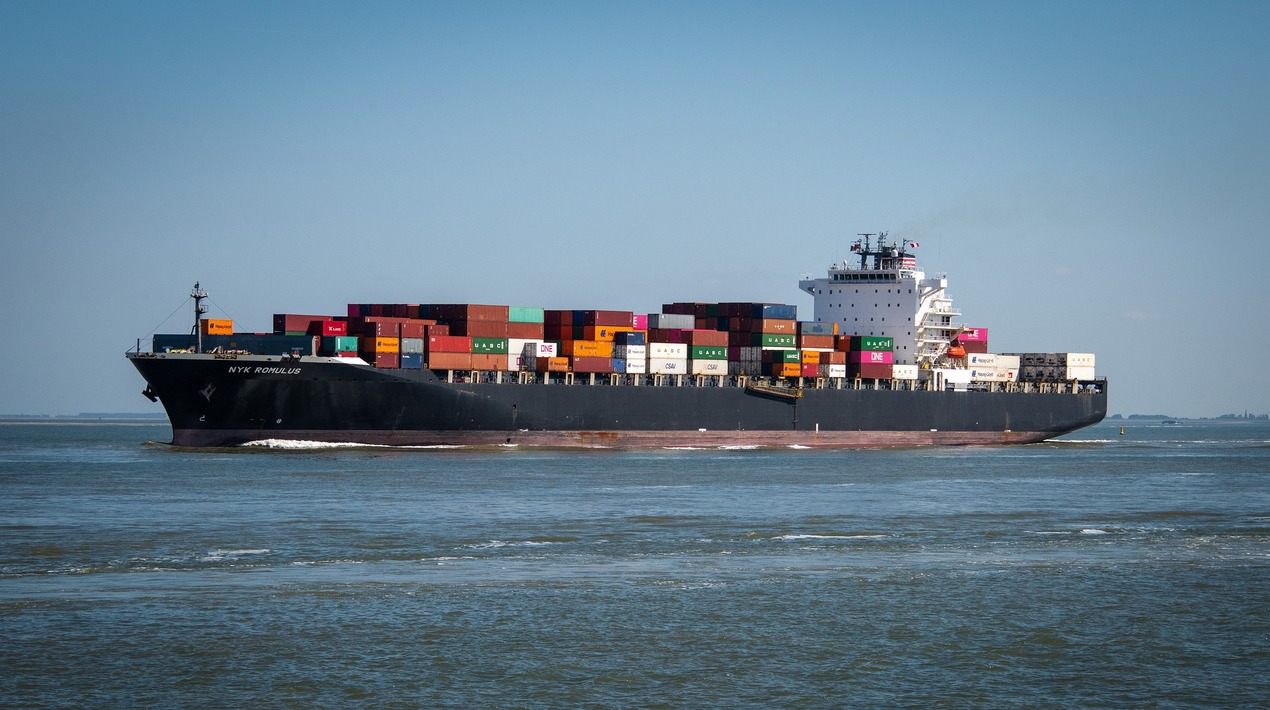
The Indonesian government, through the Coordinating Ministry for Maritime and Investment Affairs, expressed its willingness to oversee the transition to zero-carbon fuel in marine activities as well as the transition of Indonesian ports to green ports.
“Our national oil company has commenced the production of low sulphur marine fuel oil (LS MFO) for our naval armada fuel. We have also made LS MFO available for international shipping activities by opening a bulk freight port at the Krakatau International Port complex in August 2021,” the coordinating ministry’s Maritime and Energy Sovereignty Coordination Department Deputy Head, Basilio Dias Araujo, said.
In addition, he highlighted that Indonesia has renewed its Nationally Determined Contributions (NDC) in July 2021 to meet the country’s pledge to reduce carbon emissions. In terms of the shipping industry’s decarbonisation effort, Araujo pointed out that the national shipping industry accounts for 19% of Indonesia’s carbon dioxide emissions.
According to him, the national database contains a total of 39,510 cargo ships and 171,754 fishing boats, with small boat types being the most well-documented. In comparison to the total 2.1 billion ships documented by the UNTACD Handbook of Statistics in 2020, Indonesia has just 200 thousand ships, the deputy department head added.
“A total of around 200 thousand ships have sailed through Indonesia’s three important straits: around 130 thousand ships annually have crossed Malacca Strait, 56 thousand ships crossed Sunda Strait, and 33 thousand ships crossed Lombok Strait. The shipping activities have resulted in millions of tons of carbon dioxide discharged in Indonesia,” Araujo stated.
Regardless of the millions of tonnes of carbon dioxide released by Indonesian and foreign ships passing through Indonesian seas, Araujo claimed that Indonesia is committed to gradually reducing national carbon emissions.
According to Araujo, the Indonesian government has encouraged small boats to switch from oil to gas fuel. He also mentioned that a policy to install solar panels on the rooftops of Indonesian ports has been implemented.
Araujo is optimistic that by adopting the policies, Indonesia would be able to meet its commitment to address the climate catastrophe. Despite this, Araujo emphasised the necessity of collaborative and collective measures by domestic maritime and energy companies, as well as international institutions such as the International Maritime Organization, the United Nations Conference on Trade and Development, and the World Bank.
“I urge the IMO to assist our efforts to introduce low-carbon technology. The IMO could also facilitate public-private partnerships, information exchange and technology transfer, development of maritime human resources, technical collaboration, and other programs to enhance energy efficiency in shipping vessels and the shipping industry in general,” the department deputy head then added.
Araujo also voiced confidence in the IMO’s ability to provide financial and technological innovation support, including for capacity expansion. He added, “However, it is our responsibility to utilise and maximise the potential that we have acquired from supporting parties.”
OpenGov Asia reported the Indonesian government has encouraged the use of carbon capture, utilisation and storage (CCUS) technology in the development of oil and rare earth gas fields to mitigate the impact of climate change caused by mining activities.
According to an official from the Energy and Mineral Resources Ministry, the use of clean energy, such as CCUS, has become the primary consideration in ensuring availability, affordability, sustainability, and competitiveness to achieve energy sovereignty as well as climate resilience and a low-carbon future.
The minister affirmed that energy transition, as the foundation of climate change mitigation, is crucial for Indonesia in reducing carbon emissions and achieving the carbon-neutral target by 2060. According to the official, the CCUS technology used for energy development and enhanced oil recovery (EOR) has become one of the key discussions in reducing carbon dioxide emissions. “We observe that green energy in the future will certainly be renewable energy. To this end, we need an energy transition strategy,” he noted.
















